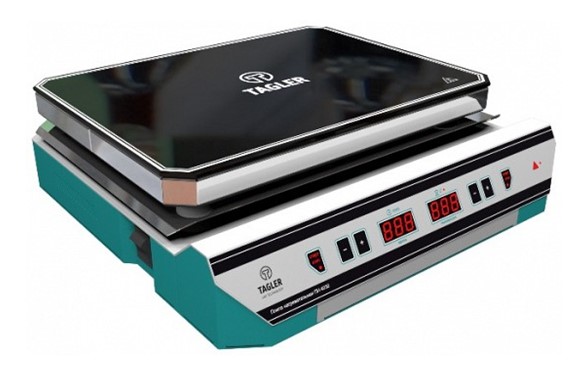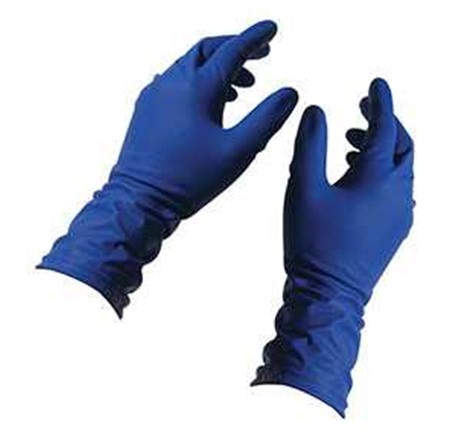UK red meat producers worried about deal with Australia

A free trade agreement that is about to come into force between Australia and the UK could pose some dangers to the red MEAT sector. According to BMPA analysts, the problem lies in the cost of imported meat. To measure the impact of an increase in Australian beef imports, one must look at value, not revenue, the association said in a press release.
“As an example, a 20-foot container of 17,000 kg of beef can represent the meat of just 60 animals. A similar batch, containing only boneless fillets, comes from more than 1,000 animals. If it were fillet steaks, this figure could be three times higher. It's not about the amount of meat by weight, it's about the amount of high-quality, expensive cuts that will have a disproportionate impact on the market,” warns Peter Hardwick, BMPA trade policy adviser.
“The key to understanding this lies in how the value of each animal is created. Products such as ground beef, low-cost cuts, although they make up the bulk of all animal meat, are the least profitable, and in some cases, are sold at a price below cost.
Value and profit come from the cost of high quality cuts such as tenderloin, steaks and fillets. Without these more expensive products, beef production, no matter where in the world it occurs, would be unsustainable.
Sustained competition from overseas imports for products that are a lucrative component of UK meat production will inevitably affect both processors and farmers, forcing some of them out of business and weakening the UK's domestic food security. It is also likely that this lost trade will not be fully replaced by an attempt to compete in EXPORT markets with countries such as Australia,” says BMPA.
Read together with it:
- Reuters has learned of India's new demand for companies over Russian oil.The origin of oil supplies is usually reflected in companies' monthly reports, but now they are required to report supplies from RUSSIA on a weekly basis.REUTERS believes the new demands are linked to India's plans for a deal with the US. The Indian Oil Ministry's Petroleum Planning and Analysis Cell (PPAC) has begun requesting information from refineries on crude imports from Russia and the Unite...
- New video on our channel: Sheep Business. How to achieve a 300g daily gain in an open field? Alakol Agro LLC, KazakhstanThe ram fattening business . Sheep breeding in Kazakhstan. Weighing Edilbaev lambs and crossbreds of foreign MEAT breeds at a feedlot. How does balanced feed affect slaughter yield? Is there a wool market in Kazakhstan? PIONERPRODUKT.by is back at the Alakol Agro LLC feedlot in Kazakhstan . Today, we'll demonstrate how an Australian drafter operates in the new facility, discuss post-weaning weight...
- Russian meat exports to China are expected to grow to 300,000 tons by 2025.This growth marks significant progress in the country's agricultural sector, especially in light of past difficulties. Cooperation between RUSSIA and CHINA in agriculture is rapidly expanding: 35 protocols have been signed regulating the supply of various agricultural commodities. Growing demand for MEAT in China is expected to provide Russian producers with the opportunity to both increase produc...
- World Meat Prices: Trends and Changes in Week 52Globally, average prices for live pigs and pork halves fell by 2% and 0.5%, respectively. Beef prices increased, but the rate of growth slowed to 0.2%. The situation is different in Russia: pork and chicken prices also increased, by 4.8% and 0.7%, respectively. Russian pork exports reached a record high, increasing by 26% compared to the previous year, making the country one of the largest supplie...
- Казахстан расширяет экспортные возможности в сфере животноводстваЕвропейский Союз открыл рынок для пчеловодческой продукции. Экспорт говядины за первые десять месяцев 2025 года увеличился в 1,7 раза, достигнув 30,2 тыс. тонн, в то время как поставки баранины выросли на 1,9 раза — до 25,5 тыс. тонн. Такой рост объясняется высоким спросом на казахстанское мясо со стороны зарубежных партнеров. Работа по расширению ассортимента экспортируемой продукции продолжается...
- Аналитики предсказали антирекорд по импорту Индией нефти из РоссииПредварительно объем поставок российской нефти в Индию за декабрь аналитики оценили в 1,1 млн барр. в сутки. Это самый низкий показатель с ноября 2022 года, но выше прогноза властей. Специалисты допускают, что скоро он вырастет Поставки российской нефти в Индию в декабре могут достигнуть самого низкого уровня за три года, полагают эксперты аналитической компании Kpler, отслеживающей данные о судох...
- What problems has Russian biathlon faced due to isolation?Russian biathlon is experiencing difficult times due to international isolation. The number of sponsors has declined, biathlon has become less accessible to amateurs, and professional results are declining. For more details, see RBC Sport.On January 3 and 4, the Race of Champions will take place in Ryazan—the Russian equivalent of the biathlon Christmas Race in Gelsenkirchen. Its program includes ...




























































